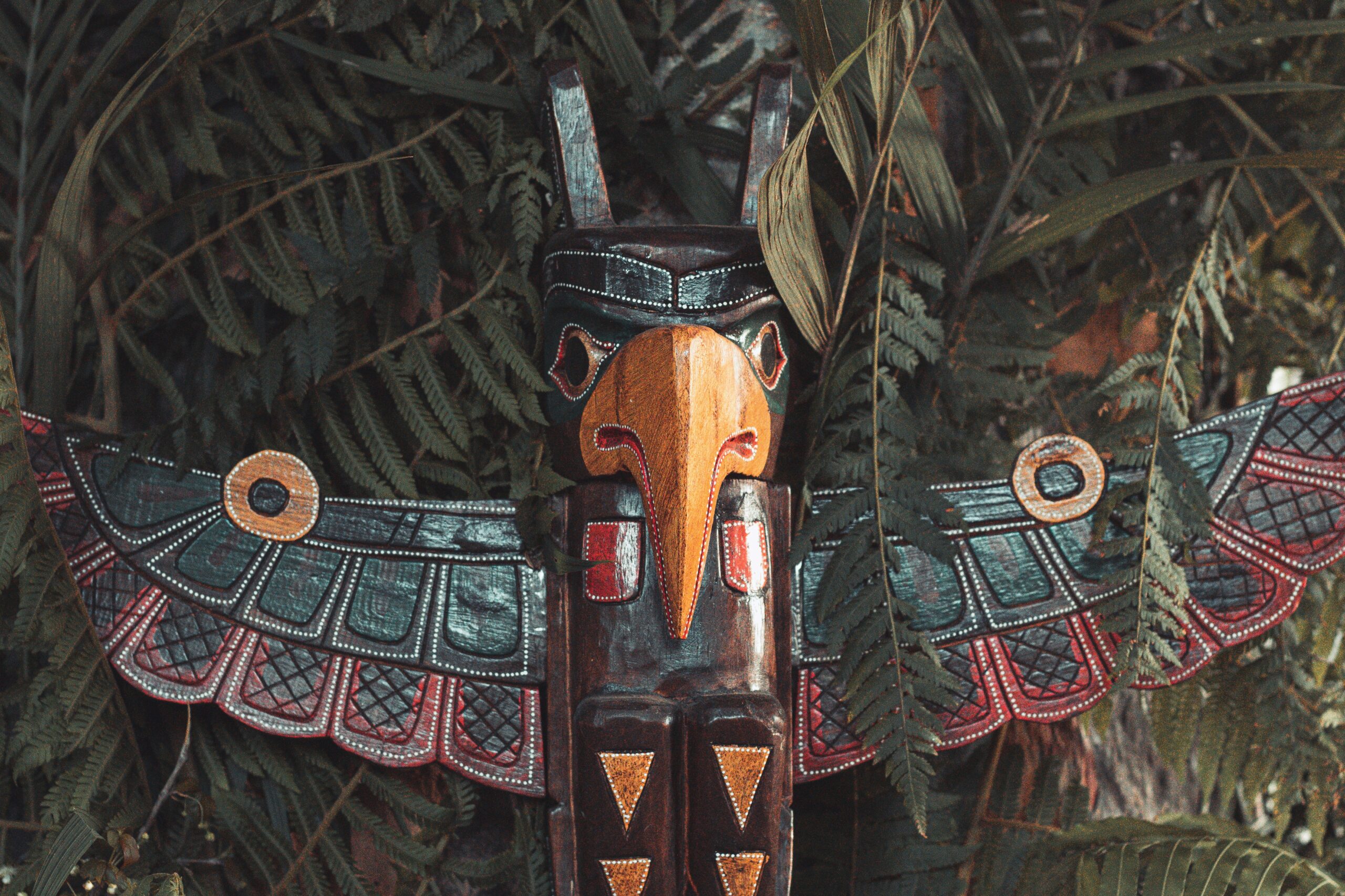… but yes, it could be worse!
Believe it or not, I learned about residential schools on vacation. I was twelve years old, maxing and relaxing in Phoenix, Arizona with my family; and my mother brought us to a residential school museum in the city. I don’t remember many of the details—only that the conditions were brutal and the indigenous children who were students had their culture stripped from them. They couldn’t speak their own languages or practice their traditions. If they did, they’d get in trouble—big trouble!
And then I just kinda forgot about it all. I knew it was a part of history in both Canada and the United States, but it all felt so very far away. The next I heard about indigenous folk was when I was 17 in a Canadian law class. We did a whole week on the Indian Act, residential schools, and indigenous issues. We participated in a blankets exercise where each of us started by standing on a blanket, and then bit by bit the blankets were taken away and we were forced to crowd on “reservations”. Some of us “died”, from disease or war or addiction or abuse, and we’d step off the blanket. At the time, I quipped that it felt like I’d been voted off of Survivor, but to be honest I wasn’t in a joking mood. It was just a depressing cope.
At the end of it all, we sat in a circle and talked about what we’d learned from the exercise and what we planned to do now that we were all better informed. The latter was the more interesting question. Most people said something along the lines of “spreading awareness”, but wanting to break the cycle, I said what I suspect many of us weary teens were thinking: “I don’t know.”
I elaborated, of course. I mean, I’m not a policy expert by any stretch—not then and not now—so how could I possibly conceive of a solution? There was so many factors, many of which I would consider in later years. For within a couple of years, I found myself face-to-face with an indigenous rights activist in my political science class. I remember some vague details from the lecture, but what really struck me was when she asked (rhetorically), “When are we going to get our land back?”
I wasn’t sure what to make of this at the time. My first feeling was disengagement. I live here, after all. I was born here. And there were so many people like me who’ve only known living here, so what of them? It felt like we were being told to fuck off. Maybe that’s fair, but it didn’t feel like it. In that moment, it felt like I was culturally homeless, neither here nor there. Not meant to be here, but not born to live elsewhere. I resented this feeling.
And yet, by this point I’d heard so much about the plight of many indigenous peoples in Canada. I’d heard in greater detail about the abuse of residential schools. I’d heard terms like “cultural genocide” applied to our history, which to that point I’d always felt proud of. I’d heard about infrastructural problems at so many reservations, including the absence of running water. And of course I’d learned how so many indigenous people suffered from addiction, which was and continues to be a problem for many communities. Deep down this rabbit hole, I felt myself not only confused but frustrated by a resentment of my identity as a Canadian and a “privileged” person on stolen land.
Suffice it to say, I’ve spent some time coming to terms with this since then. By far, the best book I’ve read about Canada is A Fair Country by John Ralston Saul, which describes us a a “Metis civilization”. Not that we’re all indigenous but we are “mixed”, and have been since settlers first arrived. Part of this vision for what Canada could be is rooted in the indigenous idea of the “circle”, which includes a mosaic of cultures. It is, of course, necessary to right historical wrongs and pursue social reconciliation for it to be possible for all peoples—indigenous or not—to live in peace on this land. Is this what it means to be Canadian, to be an ally?
“Ally is a verb,” so says Rose LeMay, who wrote a phenomenal book of the same title, published earlier this year. It is not enough to know about injustices. To be on the right side of history, we need to do things: educate ourselves and others, advocate for the marginalized who are without a strong voice. Today in Canada, on September 30, we observe National Day of Truth and Reconciliation to remember the survivors of residential schools as well as the many injustices suffered by indigenous people. This seems to be a step in that direction, but it is not the only one.
The Truth and Reconciliation Commission published a list of calls to action for ourselves and our governments. Today of all days is a day sanctified for us to think about this issue, and maybe think about our values not simply as a country but as people. If you don’t know much, I would definitely recommend reading The Inconvenient Indian by Thomas King, or at least educating yourself on the topic through some other medium. (But if you do buy that book, get the illustrated edition. It’s beautiful, chock-full of images.) Better still, listen to the stories of indigenous people. Many of them will make your blood run cold, but they are most definitely worth hearing.
Looking beyond education, think about how you vote, write to your government officials, advocate, or speak to your friends. You do have power and agency in your day to day life. Let’s not squander that. We have heard the call, so how now do we respond?
Photo by Stéfano Girardelli on Unsplash

Leave a Reply